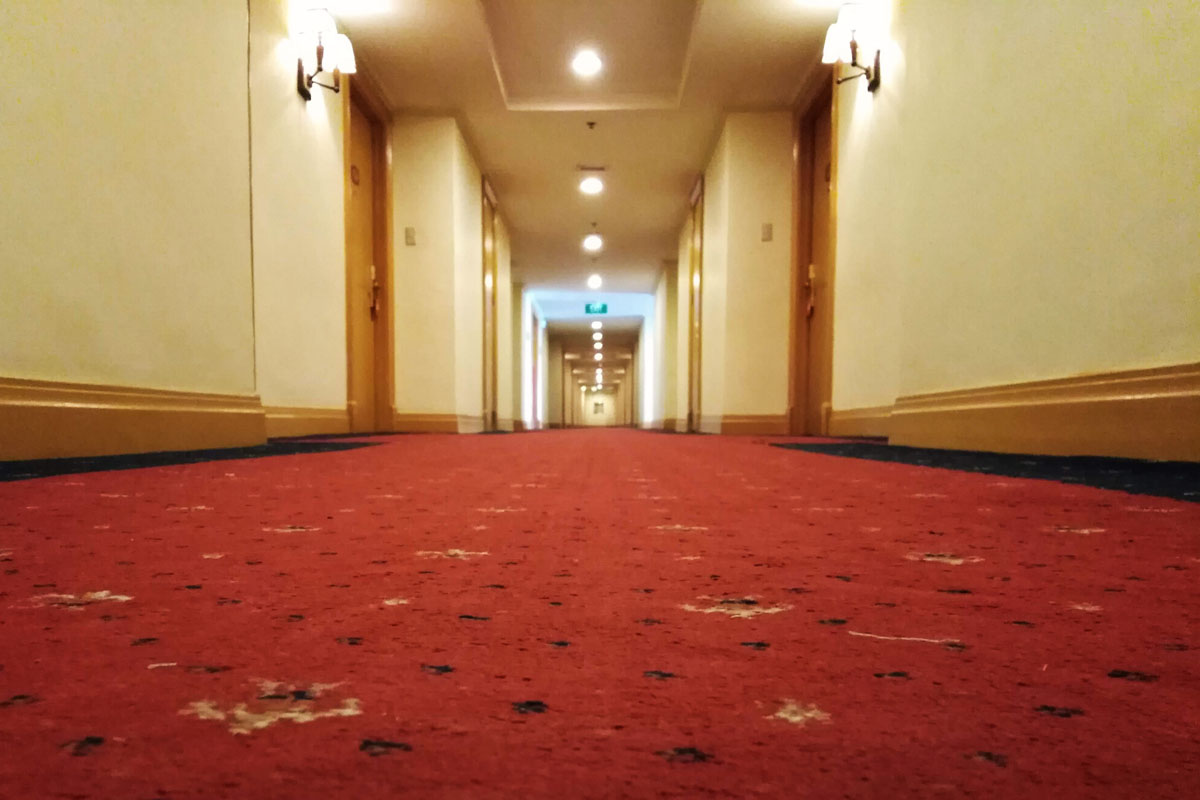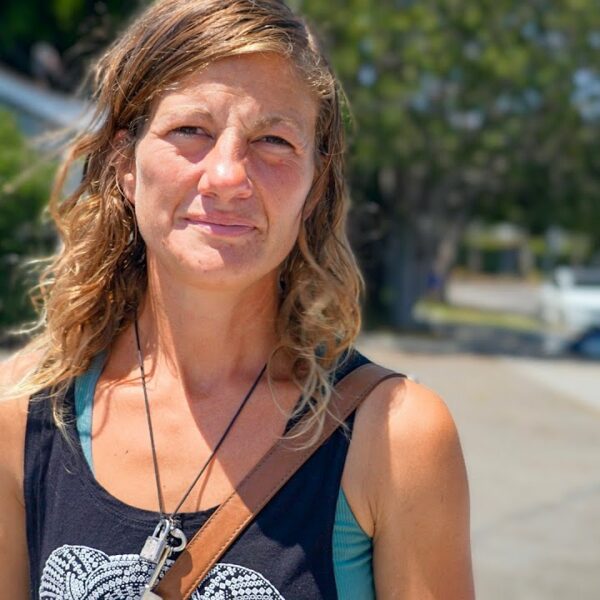A group of us are standing in the lobby of a nice hotel just outside of downtown Los Angeles. Built in the 1920’s, the art-deco lobby is filled with beautiful lights and comfortable modern couches. To the right is the bar, still filled with glasses and bottles.
You would think we were here for Happy Hour. But this is no group of workers trying to wind down from an intense workday.
We are standing in a circle, mostly keeping a six-foot distance between us. Representatives from the L.A. County Department of Health Services are leading the group. There are also fire and safety officials, a security company team, hotel staff, and us.
We are the leaders of PATH (People Assisting The Homeless) who will be caring for the hotel guests. But the guests are not East Coast tourists eager to see iconic Hollywood or embark on Disneyland rides. All tourist venues are shut down, given the statewide “shelter in place” edict.
The guests in these hotel rooms are people who are experiencing homelessness. And, more specifically, people without homes who have COVID-19 symptoms or who have tested positive for the virus.
Not everyone is happy that these hotels are being converted to hospitals for people experiencing homelessness.
In the county just south of us, neighbors surrounding another hotel conversion are picketing because the hotel is right next to a retirement community, home to another vulnerable population at risk of getting sick from this virus.
But studies reveal that this scary virus could very well kill more than 3,400 homeless people and hospitalize 21,000 more. This makes sense since the people experiencing homelessness on our streets tend to be older adults struggling with chronic illness. It’s like they have COVID-19 targets on their backs.
So counties across the state of California are scrambling to convert hotels and motels into infirmaries for homeless people. The state is trying to secure 15,000 hotel rooms specifically for people experiencing homelessness.
And who better to run facilities for homeless people than homeless service workers. Back in the day when homelessness was an economic or social issue, our workers were on the frontlines providing food, shelter, outreach, and employment help. Then, when permanent housing became the primary solution to homelessness, we became housing locators, rapid rehousing specialists, and even housing developers.
Now, we are becoming healthcare workers for homeless people.
Our responsibility, when this hotel opens in one week, is to be the case workers, concierges, room service, and telephone counselors for the hotel guests.
Each sick guest will be in her or his own room, isolated in a self-quarantined environment. Our workers will be their personal connection to the world, albeit via telephone. In normal days, like just a few months ago, our staff developed personal relationships with people on the streets through direct conversations, pats on the back, handshakes, and encouraging hugs. Now, this is an electronic relationship via the hotel phone.
We also learned a new phrase … “drop, knock and walk”. Room service food is delivered to these sick patients only to the boundary of the room door. We are then supposed to drop (place) the food tray on the floor, knock on the door, and then walk away before the door is opened.
Back in the Los Angeles hotel where our rapid response team is planning for the opening, we begin to tour the building. County workers have developed an impressive logistics plan — security on every floor, food service in the basement, nurses on-site, and law enforcement outside. The team is intent on helping people experiencing homelessness – who are most vulnerable of getting sick, or worse – fight this frightening virus.
This has become the new normal … hotels converted to homeless infirmaries.
Photo by Rhea Lofranco on Unsplash













